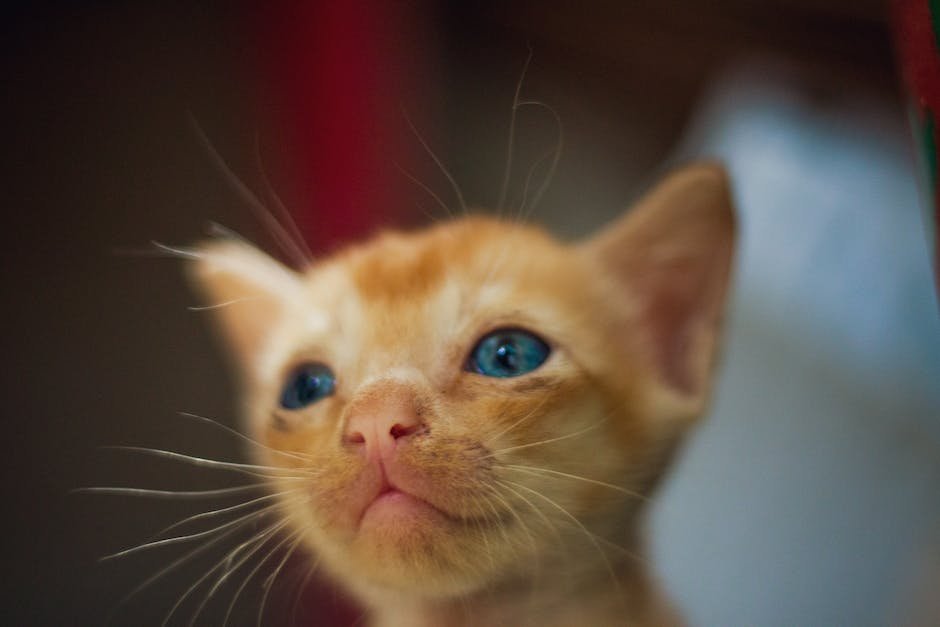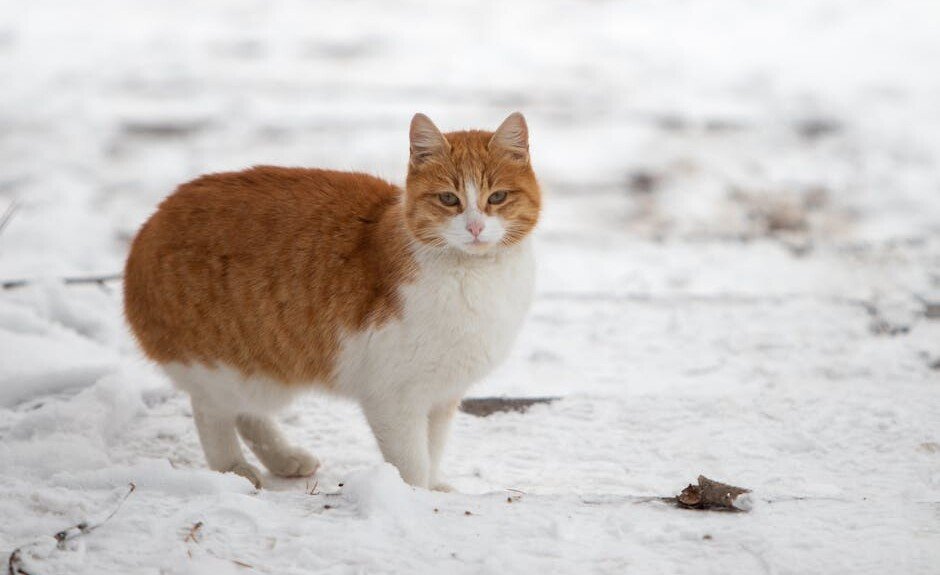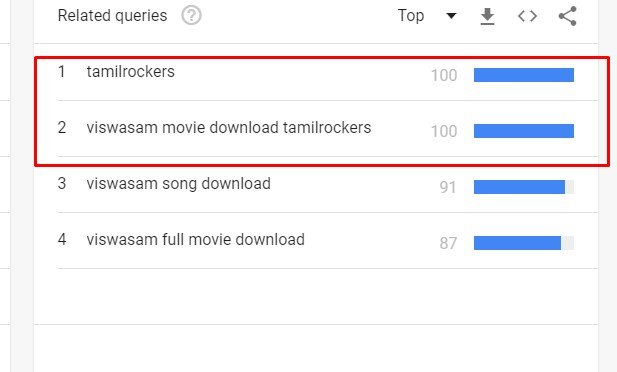Foamy saliva coming out of the mouth is most often associated with dogs. Dogs typically lick their lips or pant, and when they do, their mouths are usually opened.
This behavior is more subtle in cats, which is why you may not have noticed your feline friend does this. However, when a cat foams at the mouth, it means something is wrong.
Usually, this indicates your kitty is feeling threatened or aggressive. Sometimes, it can indicate a health problem your pet needs to see the vet for.
Knowing the signs can help you determine whether this behavior is normal for your cat or if something else is going on. Thankfully, most cases of foaming at the mouth in cats are harmless and can be managed easily.
If your cat seems to have a sudden onset of foaming at the mouth, consult your veterinarian immediately.
Cat bites

Although most cats do not bite, when they do, it is important to know how serious the bite is.
Depending on the size of the cat, their bites can be minor or even fatal. If a cat bites your skin, they have pierced your tissue which can lead to infection.
Major risks include zoonotic diseases which are transmitted from animals to humans. One of the most common is toxoplasmosis which has mild symptoms but can lead to serious complications during pregnancy.
Minor bites that break no skin are not a concern except for your preference of cleanliness. If you do not like the feeling of kitty fur on your hands or objects, then washing your hands and arms with water and soap is sufficient cleanup!
If there is blood present or you see any redness or swelling after the bite, then you should go to the doctor for a checkup just in case of an infection.
Foreign objects in the mouth

If your cat has a foreign object in its mouth, like a stick or string, chances are it will try to remove it on its own.
Most of the time, cats will try to bite the object and pull it out, sometimes leaving the object in their mouth. They may also attempt to swallow the object, which is very dangerous.
If you see your cat with something in its mouth and you are sure it is not a mouse, try to remove the object yourself. Gently grab the end of the object and pull slowly until you get a grip on it. Then, pull it out of the mouth.
If the object is stuck too tight, take your cat to the vet office so they can properly remove it.
Oral diseases

Oral diseases in cats can also result in drooling. If your cat is drooling because of an oral disease, such as a tooth problem or gingivitis, the drool will be foamier than if the cause was due to obesity.
Obesity-induced drool seems to be more clear or pure white in color. Oral disease-induced drool tends to have a reddish or brown tinge to it.
If you notice your cat is drooling more than usual and there is a noticeable color change, take them to the vet! The sooner they get treatment, the better.
Oral diseases can lead to other health problems, including malnutrition if the animal no longer wants to eat because of pain. The disease can also spread to other parts of the body, including the heart.
Preventive care at your vet’s office can help prevent oral diseases from developing and becoming serious.
A reaction to chemicals

It’s not uncommon for cats to have reactions to chemicals in their environment. These can be medications, foods, or environmental chemicals.
Unfortunately, because cats are self-cleaners, it can be hard to determine the cause of the reaction. A cat may notice patches of missing hair or scabs where the reaction occurs, however.
Typically a reaction is caused by a food allergy or an exposure to an environmental chemical. Both of these can be determined with a trip to the vet!
The hardest part about determining the cause is that your veterinarian may have to try several different things to figure it out.
A reaction to food

Although it is commonly thought that cats foam at the mouth due to anger, this is not the case. In fact, it has nothing to do with anger.
If your cat drools or sweats and then begins to vomit or regurgitate food, then there is a good chance that your furry friend has an allergic reaction to its food.
If your cat is an indoor-only cat, then you should check the food for possible mold or contamination. If the food is fresh and of good quality then you should take your kitty to the vet for further testing.
The vet will run some tests including blood work and possibly a biopsy of some tissue to determine if there are any other issues going on that could be causing the allergic reaction.
Infection

The next cause is an infection. This can be parasites, bacteria, or viruses. Infections can be transmitted through contact with feces, fleas, or wounds.
Infections can also be transmitted through exposure to infected animals or animal products. For example, sharks and dolphins carry a virus that can cause inflammation of the brain in humans.
Since cats are predators, they can acquire parasites such as worms or fleas which can cause infection. When a cat has a fever or is lethargic, you should take it to the vet because these are signs of an infection.
Parasites and bacterial infections are common causes for foam in the mouth. When your cat has bubbles coming out of its mouth, it may mean that there is something wrong with its digestive system which caused expulsion of bubbles from its stomach.
Viral infections are harder to diagnose so your vet may do blood work or take a sample of tissue to test it in the lab.
Stress

Stress can cause cats to drool. Usually, this is caused by a negative change in the cat’s environment.
Changes can be as simple as a new cat entering the house, a new food being fed, or a change in litter box location. These things can be frustrating for cats and require them to re-adjust.
New pets can also cause stress. When cats are predators, they have a hierarchy based on strength and smarts. When a new pet enters the house, it is considered an intrusion into its territory and must be challenged.
New pets may challenge each other which can result in scratches or bites. In most cases, the pets settle down after a few days and realize there is no threat or threat of danger due to being smarter or stronger.
In general, stress can have various physical effects on cats including drooling.
Hysterical hyperventilation

Hysterical hyperventilation is a very common behavior that many cats display. Many cats seem to have a fear of being outdoors and being chased or chased by another animal.
Often, cats will display hysterical hyperventilation when they’re stressed out by something in their environment. For example, if a cat is sleeping and someone moves his or her legs, the cat will likely exhibit hysterical hyperventilation.
This is because the cat thinks it’s being threatened or frightened by the movement. It’s trying to protect itself from what it perceives as a threat.
Hysterical hyperventilation can also be triggered by changes in the environment around the cat, such as new furniture or new toys. Even changing the time of day can trigger this reaction in some cats.
However, one of the most common triggers for hysterical hyperventilation is actually nothing at all. A blank room with no apparent threats may set off a panic response in your cat.










